Whether your next event is a conference with thousands of people or the launch of a pop-up shop, it will likely have the same objective – to reach your target audience. The big question is how to reach them. Following details your complete event marketing strategy from what type of event you’re running through to the communication pieces you should be distributing. This is a marketing plan you’ll want to save, re-read and implement.
What is an event marketing strategy?
Event marketing is the planning, organising and promotion of an event that looks to educate and create awareness of a brand, its products or services. Events can be in person, regardless of their size, virtual or in a hybrid capacity.
Successful event marketing occurs when an event marketing strategy is in place. Event marketing strategies are the approach a business takes to promote their key messaging within an event. This takes into consideration all promotional activity that needs to take place before, during and after the event.
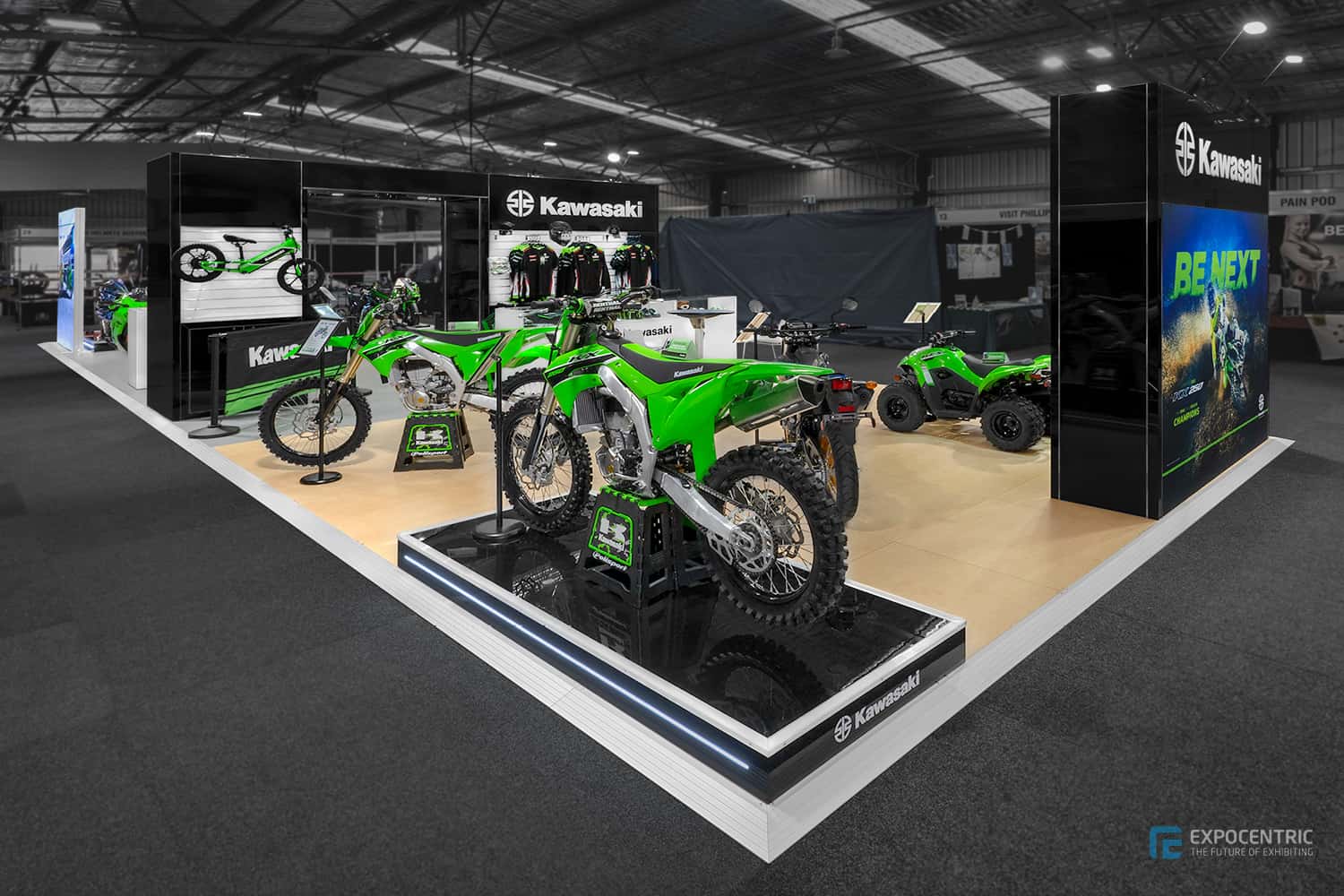
Why is an event marketing strategy important?
Event marketing is unique in the sense that the marketing efforts bring potential attendees together to a singular place to promote the work of a company. There are a number of key benefits a company can achieve whilst at the event and with the support of event marketing, regardless of its size including:
Ticket sales
A strong marketing strategy often drives potential customers to increase ticket sales.
Lead generation
Whilst at the event, event success typically includes the generation of new contacts regardless of whether it is an in person event or virtual. The generation of leads often results in an increase of sales with the company now having more warm prospects to engage with.
Build brand awareness
Together with the upcoming event promotion and event presence, brand awareness is being built for the company. The increase in brand awareness strengthens the knowledge base of the business and increases the likelihood of event attendees reaching out to the company when required.
Revenue Generation
The event marketing will work to increase event attendance for each company. With stronger event attendance there will likely be an increase in conversations held between event attendees and companies. In turn this will work to increase the number of sales both at the event further increasing their revenue generation.
TYPES OF EVENTS
The ever growing scope of events can range from corporate events through to private, extending to any number of attendees, and any type of attendance. This may include in person events, virtual events or hybrid events. In order to implement a successful event marketing plan, you must first understand the types of events that can be marketed.
Face to face events
The marketing success experience depends on the types of face to face events your company contributes to or attends.
Conferences
Conferences are a large-scale event typically hosted by an individual company. Conferences will include multi-day educational sessions, trade halls or exhibitions, and networking events. The event marketing opportunities for conferences can be as cost efficient as attending the event, through to exhibiting at the conference and sponsoring areas of the event.
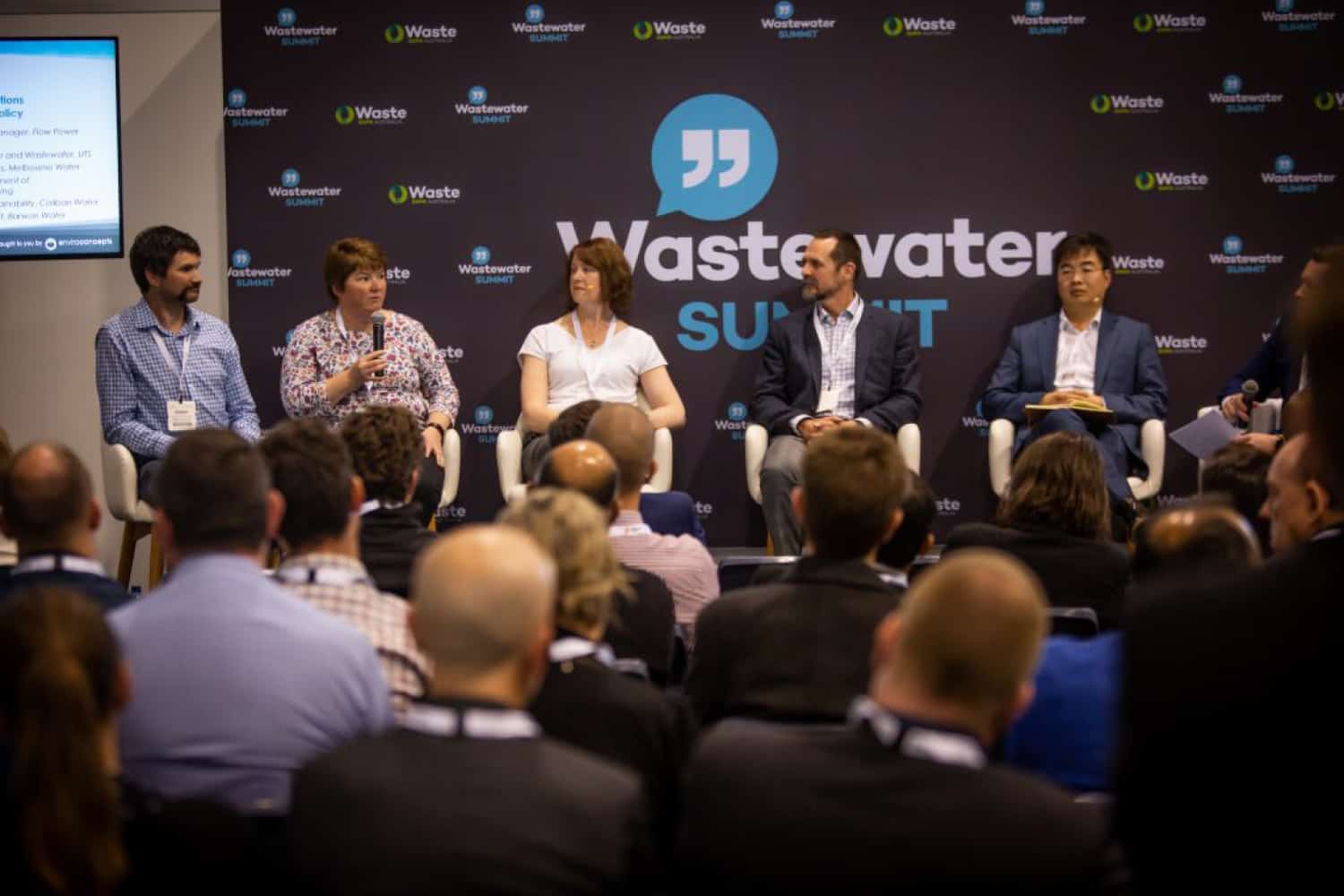
Exhibitions
Whilst exhibitions can be part of conferences, exhibitions can also be stand alone large scale events providing the opportunity for companies to host a stand alongside their industry. Often within exhibitions there will be many companies from the same industry represented. This creates a unique experience to stand alongside competitors, yet also have a marketing presence in front of everyone’s audience.
Workshops
Workshops are an educational opportunity for brands to create a knowledge base with their audience. Workshops can work as a once off educational session, or be used as a series to create brand awareness for warm leads within the company’s industry.
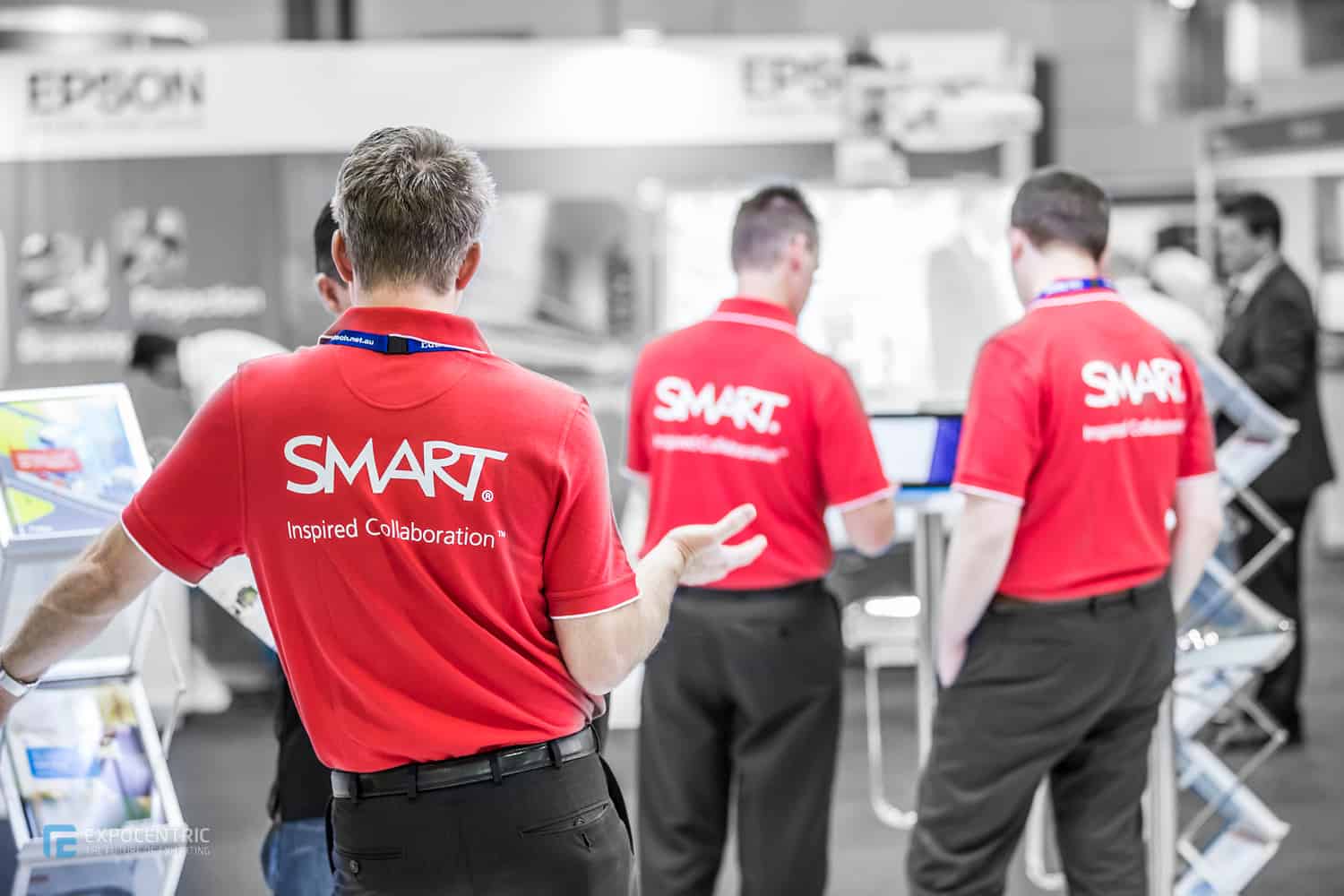

Pop up shops
Pop up shops are a temporary branding and revenue making solution for brands looking to explore a market. Whilst there are a number of types and reasons for pop-up shops, they are typically used to sell products into a market that hasn’t yet been exposed to the brand. For less developed brands this is a strong way to create event marketing success.


Virtual events
The commencement of COVID-19 further promoted the use of virtual events as a way to allow target audiences to attend and participate in events safely. The event planning is typically very similar however the target audience is able to log into the event via a website or platform to view educational sessions or speak with companies.
Event promotion through virtual events are ongoing as often sessions can be recorded and reutilised, and the virtual content can be saved and stored within the platform. In an increasingly digital world this type of event should be considered for event managers and marketers as it is a viable solution to reach more event participants with fewer hard costs.
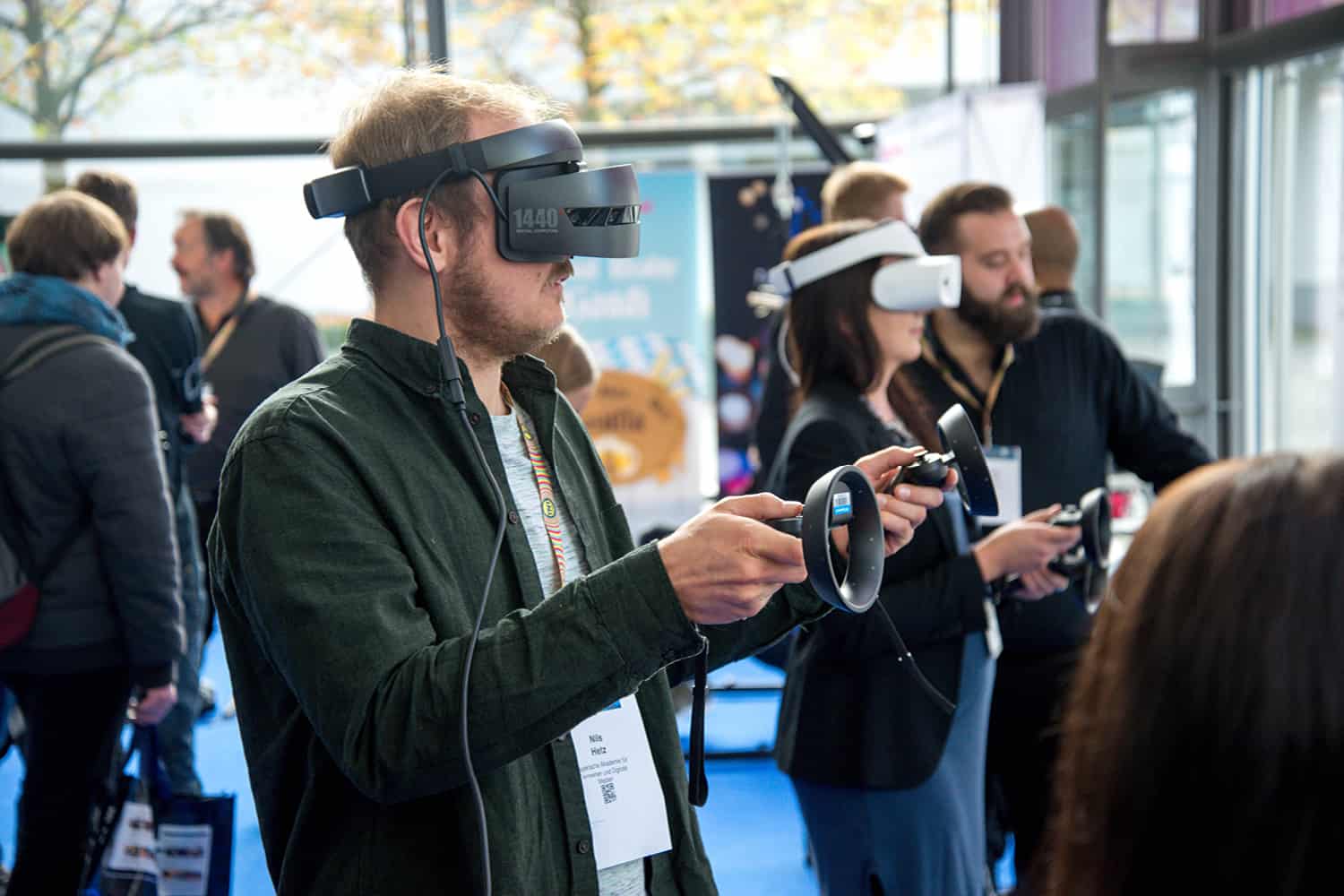

Hybrid events
Alike virtual events, hybrid events became more utilised throughout covid when a number of local attendees could attend the event and others still could not. Hybrid events provide a variety of economic options whereby those who are unable to attend can still participate virtually, yet those who still like to participate in face to face events and networking opportunities, can still utilise the full event experience.


MARKETING STRATEGY
With the benefits of an event marketing strategy and the types of event marketing understood, companies can begin to consider the marketing strategy they will take. Whilst this is a multifaceted process, the following details which steps your company can take to create a successful marketing strategy.
Set your goals
The first step in creating a marketing strategy is understanding the goals and objectives your company wants to achieve through its marketing practices.The types of goals should encompass what the company wants to achieve through both the marketing before the event, being onsite at the event and its anticipation of what’s to come at the completion of the event. Following are typical goals that your company may look to achieve at future events:
- Capture Leads
- Build brand awareness
- Product/service education
Determine the audience
Who are you looking to reach? An event marketing plan creates the opportunity to reach new potential audiences outside your existing client base. Lean into social media, paid promotion and paid ads to reach look-a-like audiences. The pre-event marketing creates a large brand awareness opportunity to reach a broad audience. Lean on previous events to understand which attendees align with your company’s goals. Event sponsorship can be a valuable opportunity for event marketers as it creates breadth in awareness. For larger events such as conferences and exhibitions, sponsorship allows your company to lean into an existing aligned audience that already sits within the event industry. Ahead of commencing any marketing, understand who your audience is, where they can be found and whether the event you are looking at aligns with them.
CHANNELS
Understanding who your audience is is important but reaching them is critical. Event marketing should travel through a number of channels to reach your potential attendees. Digital marketing will play a critical role in your event marketing strategies and common types of communication can be distributed through the following channels.
Social media
Develop your social media campaigns. Social media platforms are one of the broadest ways to reach your social media networks. Utilising a calendar, create social media posts that broadcast each piece of messaging your company wants to advertise through their social media platform. A social platform may include Facebook and Instagram for more conversational information, and LinkedIn for more formal awareness. Each social post provides opportunities for social sharing, facilitating conversation among your social media network.
Alongside your organic social media posting, invest in paid social media campaigns. Through this functionality companies can target specific audiences including those who follow and interact with the page, those on their customer lists and those accounts that are similar to the company’s social media followers.
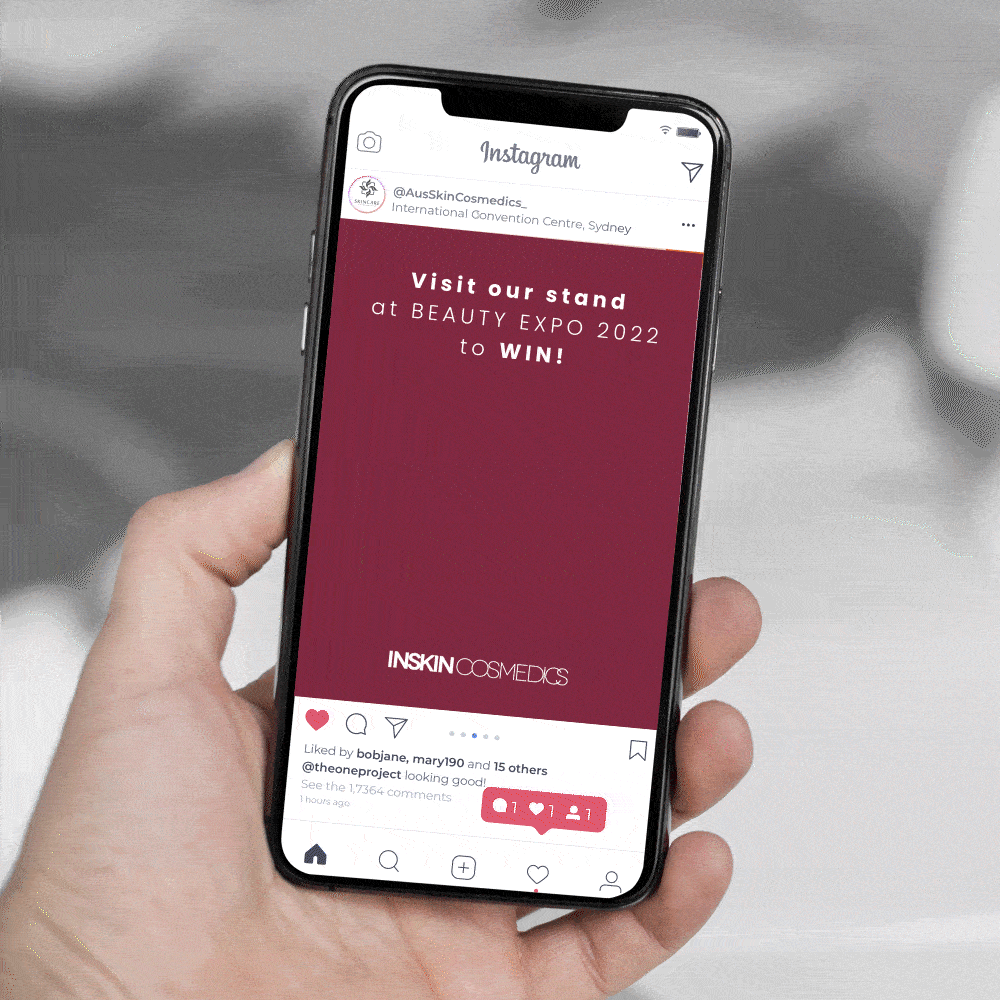
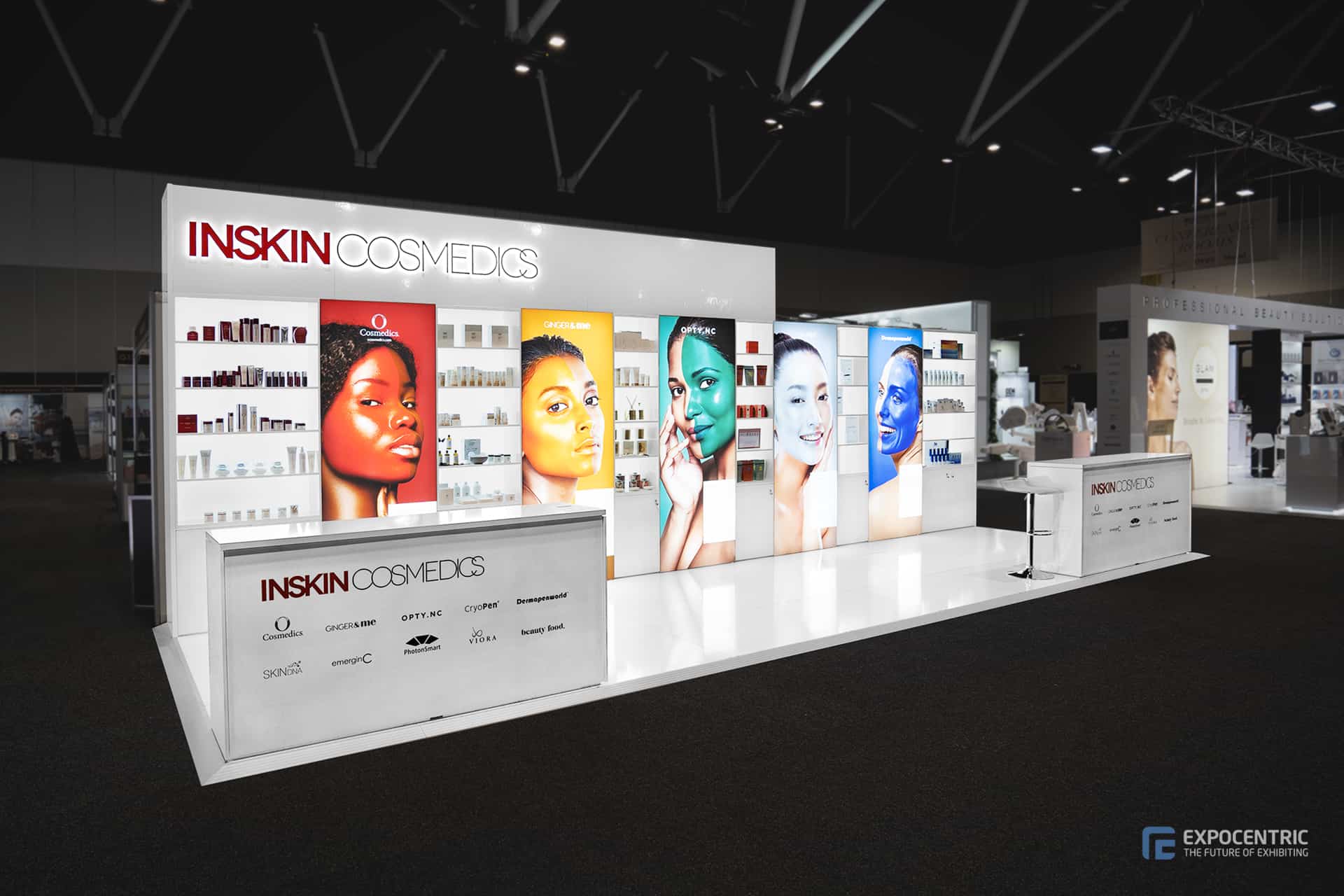
Website and SEO
The event website is an integral part of the marketing plan and can be one of the most effective event strategies. The development of event websites creates a hub for all event related content. There are a number of purposes a company can use an event website for including:
Event promotion
Together with strong search engine optimisation (SEO), the event website is another way to promote the event and the company’s participation.
Ticket sales
Website visitors are easily able to purchase event tickets through the website’s registration process. Not only can the website highlight an early bird discount but can also maximize registration sales.
Blog content
Websites are a location for companies to publish a blog post. Not only will be further promote the business, but support their SEO.
Future event marketing
Not only can companies showcase their own event attendance, but also detail their event schedule to promote further live events that they will be participating in.
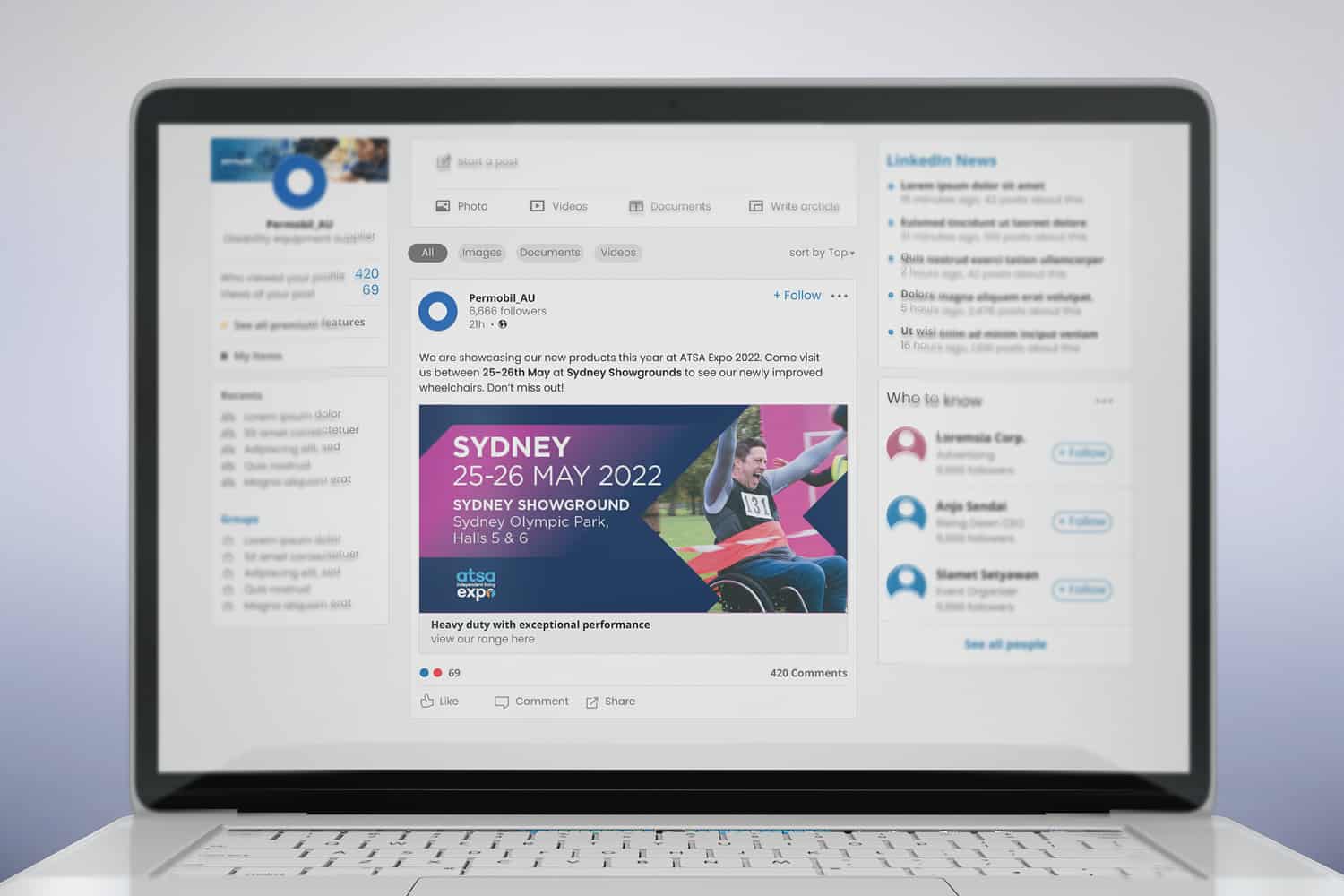
Email Distribution
An event marketing plan should always include the distribution of an email campaign or eDMs to existing customers. Direct mail can be segmented and distributed by marketing teams to a relevant audience. The audience can be separated into warm leads, potential sponsors, prospective customers or even a target demographic pending what the content includes. In terms of the content distributed this can vary depending on the audience however may include information about the business, details on the trade shows, links to the website and event app, as well as feature content on speakers or other engagement activities throughout the event.
CONTENT CREATION
Once the audience and channels are coordinated the event marketing plan should then look to creation of content to be distributed in the lead up to the event. Whilst there are a number of resources that an event marketer can use to promote their business, we will look at two approaches your company can take to achieve event success.
Writing content
Event planners will know that alongside events is a myriad of information to communicate. When writing content for an event, look to break the information down into consumable pieces. Dividing the written content into sections like who, what, when, where and how, will allow for the content to be more palatable and more easily understood by potential attendees. Written event content can then be manipulated to be distributed across the event website, social media, and email communications.
Lean on Talent
Often talent is utilised as a draw card whilst at the event, so why not use them as part of your event marketing plan. This can be achieved through a number of ways. To begin with, use talent to create messaging and content for your company to distribute to your existing customer lists. This will work to drive engagement and familiarity with your brand and the guest. Alternatively encourage talent to distribute messaging among their own platforms. Often they platforms are larger than the events, and may have a similarly aligned target demographic. Lean into this and encourage them to distribute their messaging on their own feed.
COMMUNICATION STRATEGY
Whilst a marketing strategy, channels and content creation all make up a holistic communication strategy, it is important to understand the impact of communication timelines. The timing of your messaging works to build awareness, strengthen relationships and grow a business through the event process. There are four phases of communication each event planner should distribute marketing communications through:
Launch Phase
The launch phase commences when participation of attendance at the event has been confirmed. Whilst the event goals, key performance indicators and initial details are being confirmed, the fine tune marketing should commence. At this stage the event marketers should announce to their network about their attendance at the upcoming event in the hope to encourage people to research this further.
Pre-Event Phase
The pre-event phase includes the months leading into attending the event. Throughout this phase the communication should be consistent, educational and frequent. Content should link to the event website to allow attendees to be well informed about the upcoming event.
Throughout this phase marketers should stick to their planned strategy to ensure all marketing touchpoints are hit and all potential audiences are reached.
Event Attendance Phase
Marketing does not stop once you have arrived at the event regardless of whether it is a trade show or a meeting. At this stage your attendees are in front of you and customer experience is at the forefront. Use these opportunities to meet different groups of people, speak with your sales pipeline and continue digital and face to face marketing. Face to face marketing can include the use of QR codes to further grow lead generation, or distribute hard copy marketing materials to build awareness. Digitally, companies can lean on social media capabilities like Instagram stories and live streaming to further promote participation within the event.
Post Event Phase
The post event phase is arguably one of the most important elements of marketing strategies. This is the opportunity companies have to turn warm leads into sales and receive that event ROI. Not only can this phase be used to follow up with attendees but can also be used to gauge event success, attendee satisfaction and measure atainst post event surveys. The post event phase can last as long as six months and should be used strategically to further strengthen any relationships that are built at the event.


Tracking
The final element of this event marketing guide is tracking, whereby companies should look to understand and track the performance of their event participation in an effort to understand whether it was worthwhile. There are a number of event elements that can be analysed
Social Media Distribution
Social media distribution on surface level can be analysed within each platform to understand who your content is reaching and how it is being engaged with. If looking to track performance organically, reach and engagement are two factors companies should consider measuring. Paid social media distribution is also important to measure. The reporting functionality here is more granular and companies will be able to see information including which audiences have engaged and seen the content. Some key metrics that should be considered include click through rate (CTR), cost per mille (CPM) and cost per click (CPC), as each can provide insight into the value of your paid social media marketing.
Website Traffic
Website traffic will provide significant understanding of the value event websites bring. Companies should consider connecting their website to Google Analytics to be able understand where the traffic is consuming information from within the website. It is recommended to use UTMs or pixels on all major promotional campaigns including paid social media ads and edms to further understand where traffic is coming from.
Sales
Product and service sales are one of the strongest indicators of success as like every other business is the driver of profit. When measuring sales, break the profit up into, sales in the lead up to the event, sales from onsite at the event, and any sales that have occurred up to 12 months after the event. Pending the industry and company relationships built on site can result in sales further into the future.
Audience Growth
The final common measure of success for many companies is the growth of their database. Whilst being at an event is a strategic time for brand awareness, growing leads plays an important role. Alongside the pre and post marketing campaign, companies should understand the impact the campaign has on their database, as ultimately it’s this pool of the audience that form the warm leads.
A marketing campaign goes beyond a simple plan before the event starts. It is however a puzzle, that collectively pieces together to form a strong approach to a company being represented onsite. Whilst each piece of the puzzle has been stepped out throughout this blog, we understand that there may still be barriers within your company to achieve a marketing strategy to this degree. Expo Centric has over 10 years of experience working with clients to develop strong events that sit within their marketing strategy. Contact our team today to start you event marketing strategy.
